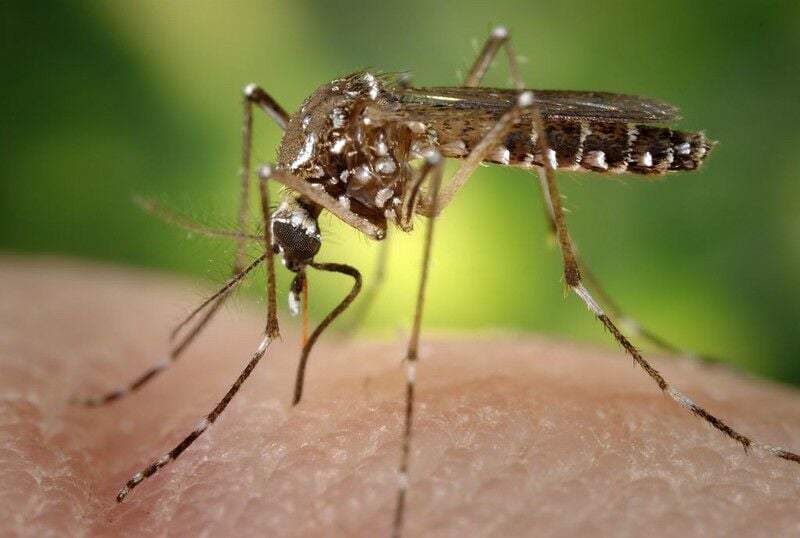Biting back: Thailand’s dengue battle claims 33 lives, Public Health Office reveals

The Public Health Office (PHO) announced 33 lives have been lost to dengue in Thailand. According to the PHO report, 27,377 cases of dengue have been documented in the country and 33 people have died resulting from dengue infection.
An expert from the Khlong Yai District PHO in the eastern province of Trat, Panaporn Harnhiam, told Thairath yesterday that 97 dengue cases have been recorded in the community from January 1 until yesterday, July 11.
Panaporn revealed that most of the patients lived in the Khlong Yai and Hadd Lek districts in the province which is close to Cambodia. He added that most of the Cambodian residents working in the province are also at risk.
The provincial public health asked for cooperation from the relevant departments to implement measures to control the mosquito population. In addition, they have urged residents to prevent mosquitoes from breeding by refraining from leaving stagnant water in containers.
The concern surrounding dengue fever is not limited to the Trat province alone. Authorities in the northern province of Chiang Mai have also taken action to eliminate potential breeding grounds to help mitigate the spread of this illness.
According to the chief of Chaing Mai Provincial Public Health Office, Chatichai Maneerat, 1,805 people in the province have been infected with dengue fever since January. Tragically, two lives have been lost to the illness.
Chatichai revealed that dengue most of the cases reported among residents were aged between 25 to 34 years old, 15 to 24 years old, and 10 to 14 years old. Mae Ai, Chaing Dao, Chai Prakan, and Mueang districts recorded the most cases.
The Deputy Director of the Department of Disease Control, Niti Haetanurak, reported the national dengue situation on Monday, July 10.
Niti revealed that 27,377 dengue cases were reported in Thailand from January 1 to June 28, and 33 died from the infection. The numbers are three times higher than last year.
Furthermore, the Permanent Secretary of the Ministry of Public Health, Dr Opas Kankawinpong, emphasised that the fever symptoms were different from former dengue cases, and it is difficult for medical professionals to diagnose the fever at its early stage.
Dr Opas recommended people who experience a high fever persisting for two days to seek treatment at the hospital and avoid buying medicines without doctors’ recommendations.
Latest Thailand News
Follow The Thaiger on Google News:


























